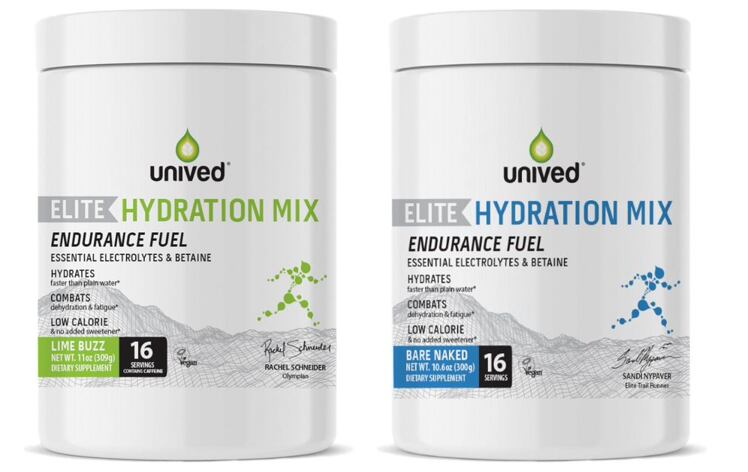These RCTs should have clear definitions of the planned probiotic intervention, followed by implementing an appropriate study design, selecting participants and establishing outcomes aligned with the research question.
Researchers must also be transparent and accurate when reporting safety data and limitations due to the time, effort and expense invested in probiotic trials.
Utilising such a framework would enhance the quality of evidence retrieved and the value of practical applications of probiotic supplementation in subjects.
This is according to a team of experts that published the paper “Best Practices for Probiotic Research in Athletic and Physically Active Populations: Guidance for Future Randomized Controlled Trials” in the journal Frontiers in Nutrition.
“We aim is to provide guidance for researchers, clinicians, and other health practitioners who may be interested in probiotics and probiotic-related preparations (i.e., paraprobiotics, synbiotics, and postbiotics) for physical performance-related applications.
“In addition, we aim to aid health professionals in interpreting the current literature for making informed decisions about probiotics supplementation protocols,” said the experts.
Precise probiotic parameters
First, the experts suggested defining the probiotic in the RCT because its efficacy is strain- and outcome-specific.
The probiotic strain or strains used could also influence several factors, such as survival of the dose given to reach the targeted organ, dosage and frequency, duration and timing of the intervention, and shelf-life.
Hence, before the study, the researchers are advised to select probiotics carefully as there is a common misconception that all probiotics are alike.
However, an analysis of 249 RCTs, including 22 different probiotics, indicated that some strains were efficacious for different diseases, but not all were equally effective.
Overall, different probiotics can affect the host differently, from gut flora to immunity and inflammation; hence, there should be a sound basis for selecting a particular strain related to the study outcome.
The usage of new, next-generation probiotics might even warrant additional assessment and reporting of robustness, safety and efficacy.
Clear study design elements
Second, the experts said that the ideal study design for a probiotics investigation on active subjects was the prospective RCT. Participants are given identical placebos with a run-in session to gauge compliance with the intervention.
However, researchers could also consider other designs, such as block randomisation, triple blinding, parallel-group, cross-overs or adaptive.
These protocols, where possible, should be coupled with triple blinding to prevent bias.
Cross-over group designs can be more relevant for confirming mechanisms and producing better statistics, whereas an adaptive design can respond to changes during the study. For example, an adaptive study design can analyse the prevalence of URTI in winter compared to summer or the URTI incidence rates for athletes.
Overall, different study designs produce different outcomes for different probiotics. Hence, researchers must develop a thorough understanding of each design and select the most appropriate one for their study objectives.
Population details and other factors on the subjects
Third, researchers should specify their subjects’ demographics, workload, lifestyle and sample size calculations. Their subjects are influenced by factors like geography, the environment, diet, medication, supplementation consumed and even ethnicity.
For example, probiotics studies usually involve males and young adults, but some investigations have started investigating effects on females. Females and males react differently; hence, there is a need to detail the subject demographic and background.
Interestingly, ethnicity does affect response to probiotics, especially its delivery mechanisms. For instance, 70% of the world’s adult population has issues with lactose, while African, Asian and Hispanic races are predisposed to food-related GI issues.
Outcomes, safety and limitations
Researchers need to be concerned about the primary and secondary outcomes, the measurements using various markers, safety data in the event of adverse reactions and being transparent with the study limitations.
In conclusion, probiotic studies have produced promising results for various factors. However, human clinical trials produce challenges to the interpretation and, ultimately, the utility of such studies.
Source: Frontiers in Nutrition
DOI: 10.3389/fnut.2022.809983
“Best Practices for Probiotic Research in Athletic and Physically Active Populations: Guidance for Future Randomized Controlled Trials”
Authors: Alex E. Mohr et al




